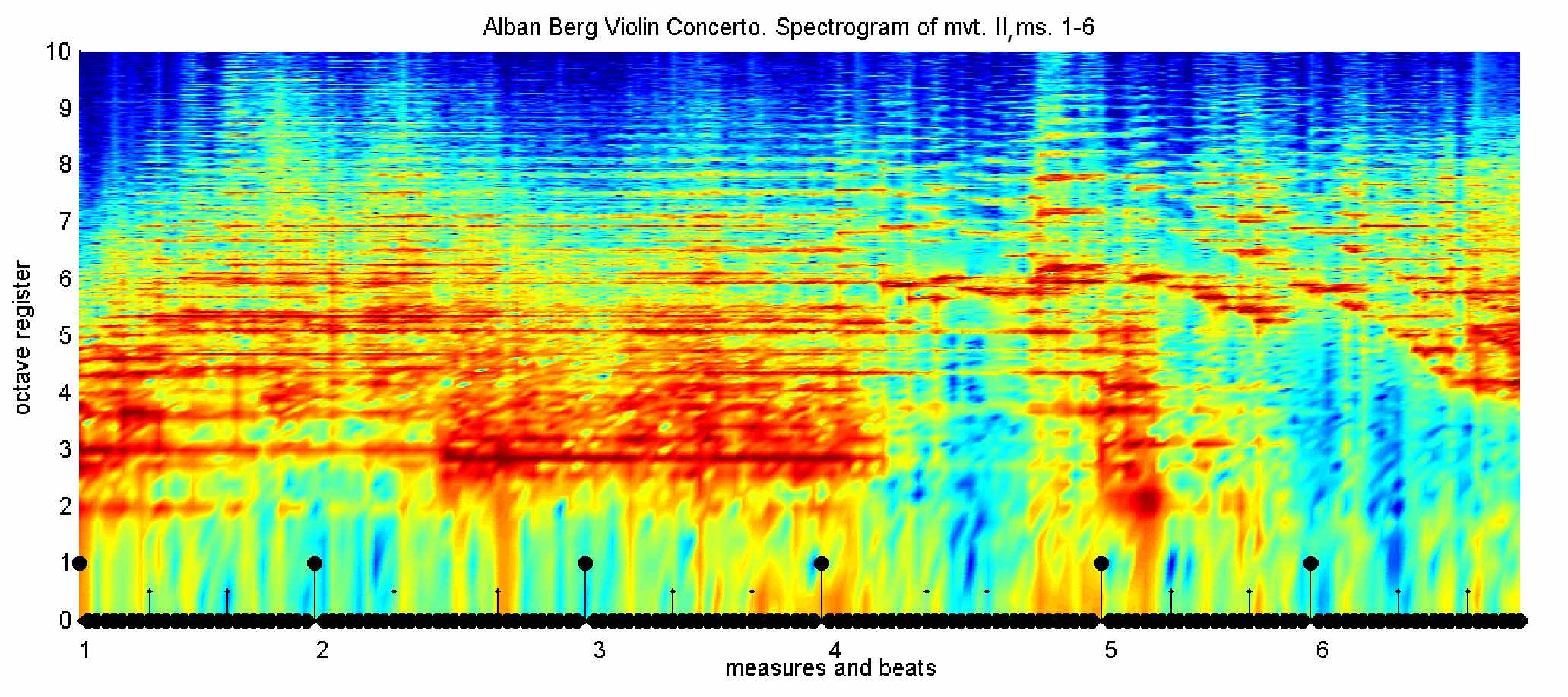I watched my daughter yesterday in a short show at her drama group: she had to put on accents, pretend to be different types of people, etc. She also demonstrated an acute sense of comic timing - something which has become more apparent in recent months, and which will no doubt grow as she gets older (she's 10). When she realises the laughs she gets in response to the things she does, how will that lead her to develop? How has she managed to pick up all those behaviours and accents and combine them into a comic performance? As much as I'm proud of her (and there's little more moving than watching one's child perform like this), I'm puzzled by how this is possible.
I don't know of a satisfactory explanation for mimicry, What does the fact that we mimic tell us about the world? Yesterday I suggested that to mimic is to reproduce the skilled articulations of somebody else's performance. And I suggested that it is remarkable that we can identify exactly what those independent articulations are. For what we are exposed to in a performance is like a 'wave' which sweeps us along: the whole which is more than the sum of the parts. It is our identification of the the parts through experiencing this 'wave' together with the realisation of how to reproduce them which strikes me as the remarkable bit.
The central question here is "what are the mechanisms of modelling?". I think it also relates to the question of 'family resemblance' which Wittgenstein identified. In short, this is the sort of thing I'm thinking about (thanks Katy!):
A 'wave' impacts in broad ways - it's mass of different articulations striking us to produce an overall effect. A musical analogy is perhaps the best way to describe this. A 'spectral' graph of a moment in music looks something like this:
Within that graph, all the articulations are present but overlapping. Imagine the graph represents all the levels of double-description (double-articulation) in a 'knowledge performance' which might be mimicked. My state on being exposed to the 'wave' of the performance might be analogous to my state on hearing Berg's violin concerto (above): most broadly, I will have been disrupted, exhorted, coerced at different moments. At each moment I will be aware of the physical/biological effects of the state I am put into. My biological challenge on being exposed to the wave is to make successful communications in its presence (which are in turn linked to the wellbeing of my state). In music this would be revealed by the empathy with the expression and intention of the composer. In a knowledge performance, it would be the empathy with the performer. If I choose to survive in the environment of the wave (and I can decide it's not to my taste), then making articulations which accord with the articulations that I experience increases the probability that I can communicate effectively in this environment, and that the environment will not perturb my system to put me in a state where I could not communicate.
Interest leads me to identify the articulations, and the interest is borne out of the necessity to survive in the context, which in turn depends on the choice that I have made that this is something which I want to exist with. Thus my state produced by the overall effect of disruption, exhortation and coercion leads to a chain reaction of apprehension of individual details of articulations, awareness of the biological effects of those articulations, and explorations of those articulated performances in my own body. It is a chain reaction in much the same way as I think memory might be (see here)
This would not work if I could not identify some family resemblance between the articulations I perceive and those which I perform. But maybe the family resemblance lies in the prolongation of state?
Gosh - that's all very dense. I think perhaps I need to find a way to say this more simply!


No comments:
Post a Comment